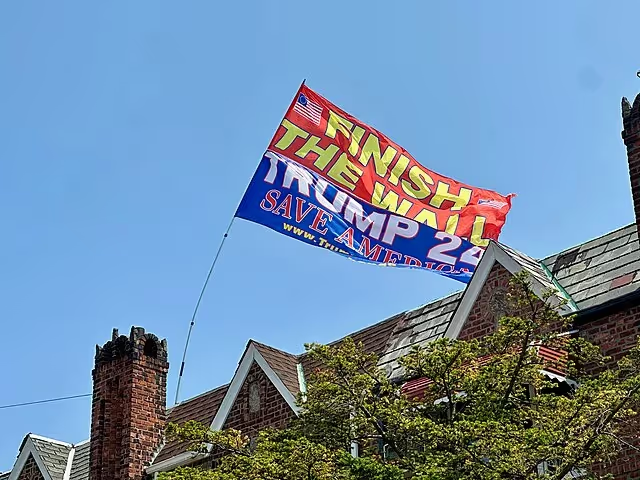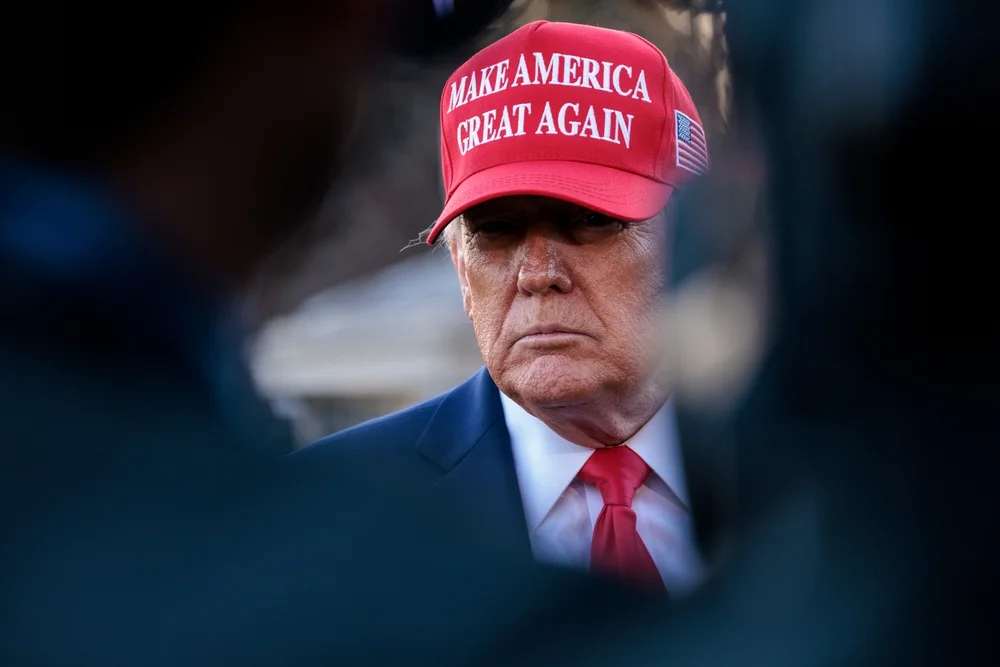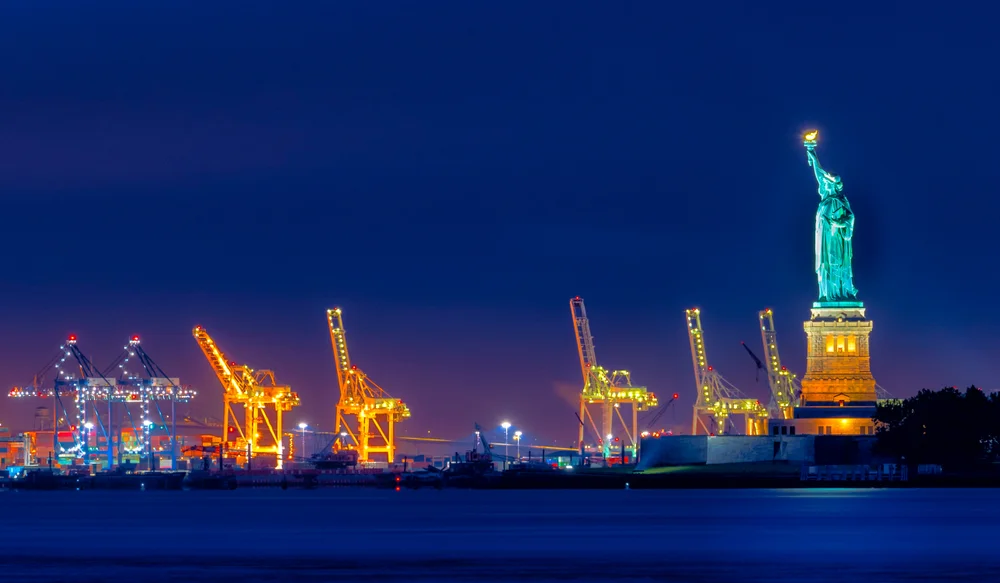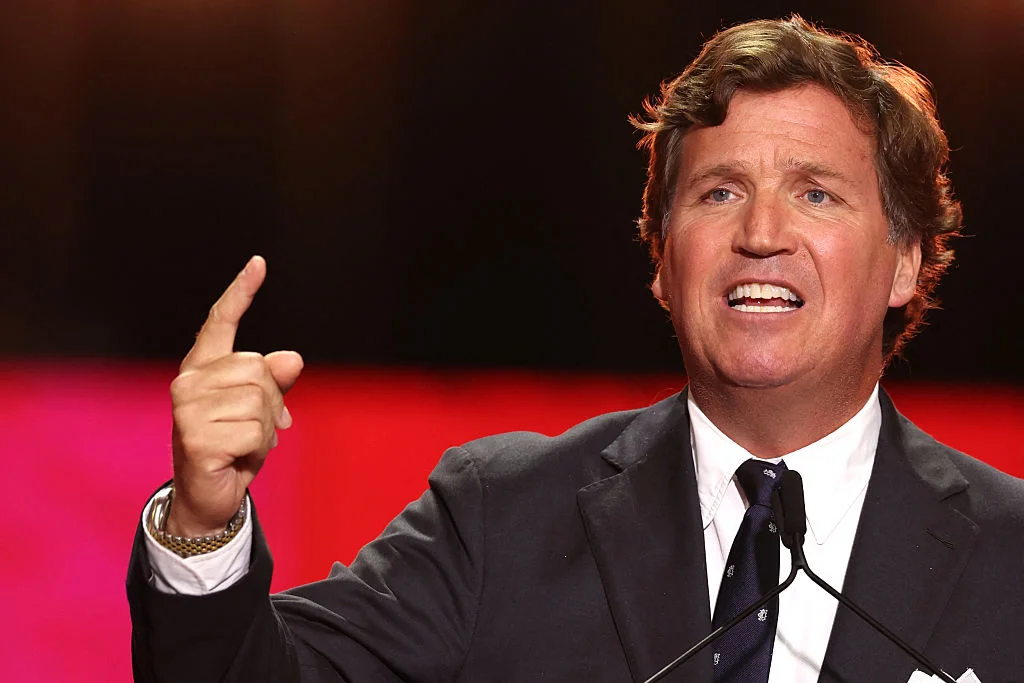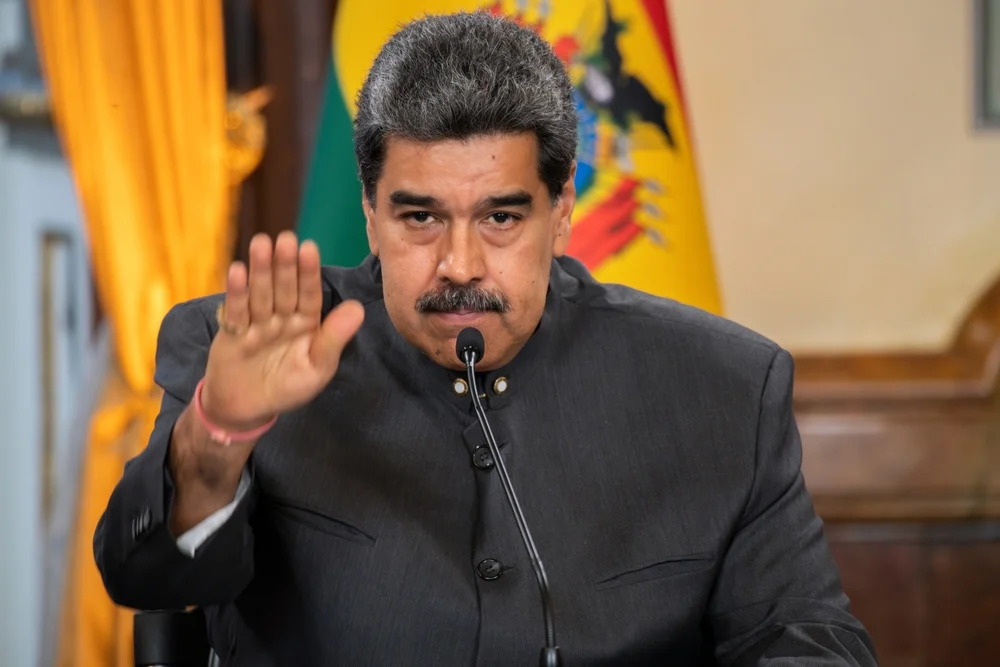
Ending Maduro
If the U.S. wants to reshape the region completely, it must confront not only Maduro but the system that sustains him.
How could the United States get rid of Nicolás Maduro? Putting aside whether the U.S. should aim for his removal, there are several typical answers: to confront his regime militarily; to conduct clandestine operations to undermine its military or intelligence; to weaken allies like Russia, China, and Cuba; to interrupt money flows; and so on. Most people imagine a rapid U.S. military intervention in Venezuela that installs democratic leaders in power.
But if Maduro is a drug lord, history already offers lessons on how such figures are controlled and replaced. Maduro himself is not indispensable. If he were killed or removed, the most predictable outcome would be another narco-dictator taking his place — just as Maduro succeeded Hugo Chávez, or Miguel Díaz-Canel replaced Fidel Castro in Cuba.
If the U.S. wants to reshape the region completely, it must confront not only Maduro but the system that sustains him: an alliance of socialist and authoritarian governments — Cuba, Mexico, Colombia, and, of course, Venezuela — often labeled the Castro-Chavista or Bolivarian movement. This network engages in human and drug trafficking, money laundering, illegal mining, and even the sale of U.S. intelligence. It maintains deep political ties or direct control over governments, while receiving crucial support from Russia and China.
Over the past decade, Russia has provided billions of dollars in loans and military assistance to Venezuela, acting as one of the regime’s key guarantors. Moscow utilizes Caracas to project its influence in the Western Hemisphere at a relatively low cost. Meanwhile, China has become Latin America’s second-largest trading partner, with two-way trade exceeding $500 billion in 2024, up from $450 billion the previous year. Through state-backed banks like the China Development Bank, Beijing has financed more than 250 projects worth approximately $160 billion across 21 countries, including infrastructure and energy projects in Venezuela. These flows allow Maduro to partially bypass U.S. sanctions and maintain economic lifelines despite international isolation.
Is dismantling the Bolivarian movement feasible or even in Washington’s interest? Perhaps not. A full-scale regional confrontation would be enormously costly and politically divisive at home. The more pragmatic path — as cynical as it sounds — might be to find a “son of a bitch” of its own: a more compliant strongman who behaves better and delivers more oil to the U.S.
Still, imagining what it would take to remove Maduro (or any other Castro-Chavista “son of a bitch”) helps clarify the challenge. First, the U.S. would have to weaken Maduro’s sponsors. That already happens indirectly as Russia is bogged down in Ukraine, reducing its capacity to project power in Latin America. Second, Washington would need to curb human and drug trafficking, which are no longer just market phenomena but strategic weapons. U.S. officials increasingly see fentanyl and other narcotics as tools of asymmetric warfare — especially as Chinese precursors flow through Mexico and Venezuela into the U.S. market, deepening what some call an Opioid War.
Third, the U.S. must counter China’s growing cultural and economic influence. Many Latin Americans now view China as a modern, technologically advanced, and “benevolent” autocracy that offers investment without moral lectures — an image that contrasts sharply with perceptions of Western paternalism. China’s strategic communication, combined with visible infrastructure projects, has enabled it to outcompete Western democracies for influence in key sectors, including mining, telecommunications, and energy.
In short, Maduro is only a small piece in a much broader geopolitical game. Removing him without addressing the foreign networks and financial systems that sustain him would lead to his replacement by another actor from the same structure. To truly change the region, the U.S. would need to confront the entire Bolivarian ecosystem — or make its peace with another “son of a bitch” who plays by American rules.
Oscar Sumar is the Pro Vice-Chancellor for Academic Affairs, Universidad Científica del Sur, Peru. Non-resident fellow of the Public Law and Policy Program, Berkeley Law. Co-Chair of BeLatin. His most recent book, titled Regulatory Countertrend, deals with the regulatory state and evaluations of economic regulation.
Politics
.webp)
Liberal Democracy Reexamined: Leo Strauss on Alexis de Tocqueville
This article explores Leo Strauss’s thoughts on Alexis de Tocqueville in his 1954 “Natural Right” course transcript.
%20(1).avif)
Long Distance Migration as a Two-Step Sorting Process: The Resettlement of Californians in Texas
Here we press the question of whether the well-documented stream of migrants relocating from California to Texas has been sufficient to alter the political complexion of the destination state.
%20(3).avif)
Who's That Knocking? A Study of the Strategic Choices Facing Large-Scale Grassroots Canvassing Efforts
Although there is a consensus that personalized forms of campaign outreach are more likely to be effective at either mobilizing or even persuading voters, there remains uncertainty about how campaigns should implement get-out-the-vote (GOTV) programs, especially at a truly expansive scale.

There's a Perception Gap With the U.S. Economy
As we approach another election cycle, it’s worth asking: what’s real, what’s political theater, and what does it all mean if Democrats regain control of the House?

International Law Is Holding Democracies Back
The United States should use this moment to argue for a different approach to the rules of war.
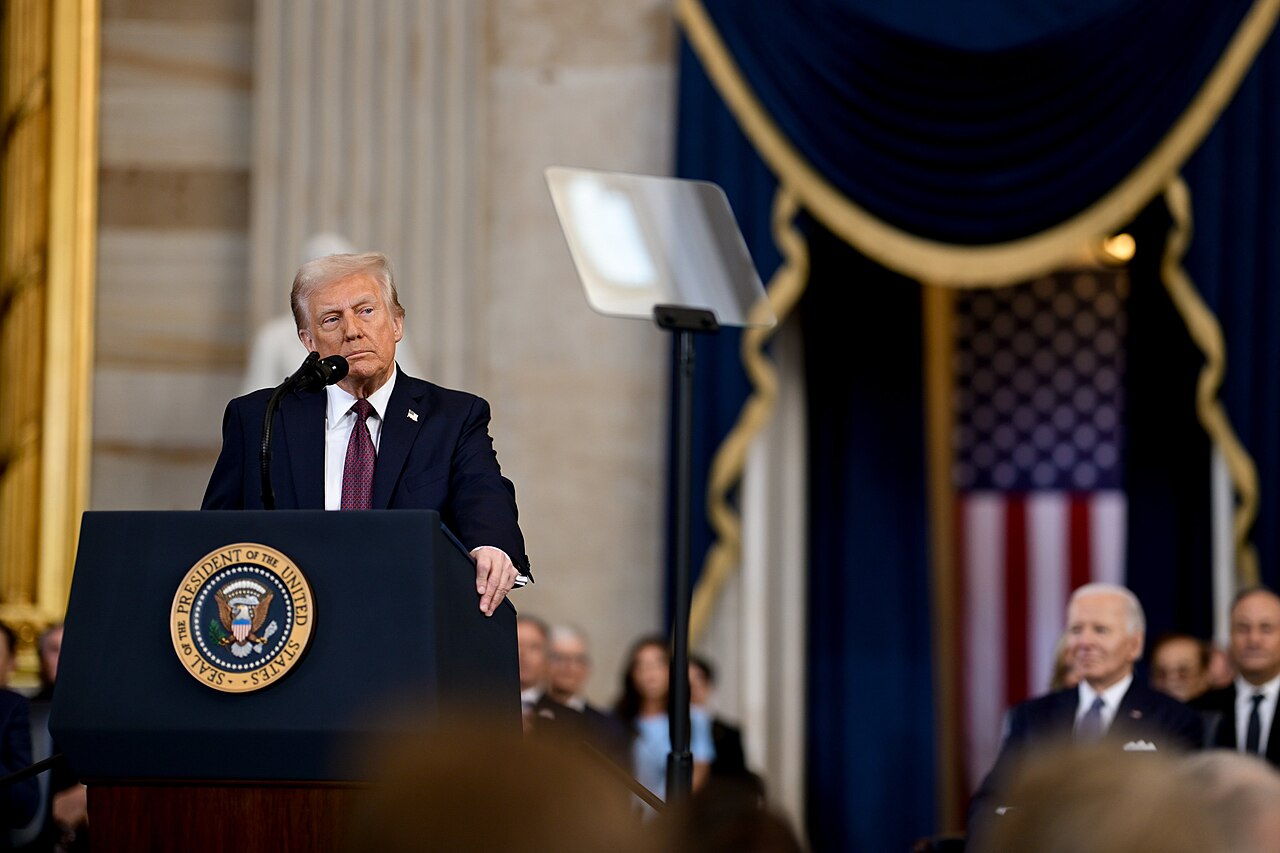
Trump purged America’s Leftist toxins. Now hubris will be his downfall
From ending DEI madness and net zero to securing the border, he’ll leave the US stronger. But his excesses are inciting a Left-wing backlash
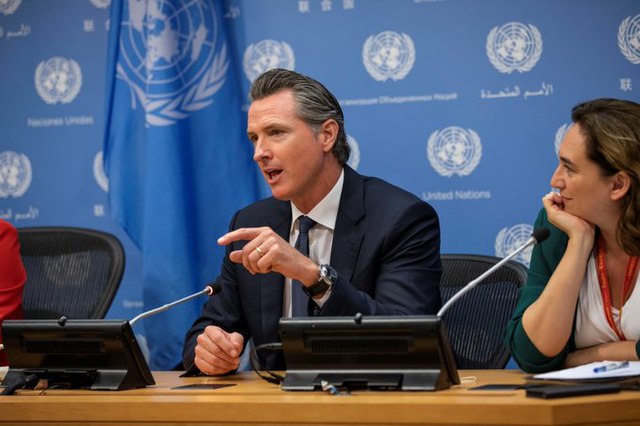
California’s wealth tax tests the limits of progressive politics
Until the country finds a way to convince the average American that extreme wealth does not come at their expense, both the oligarchs and the heavily Democratic professional classes risk experiencing serious tax raids unseen for decades.
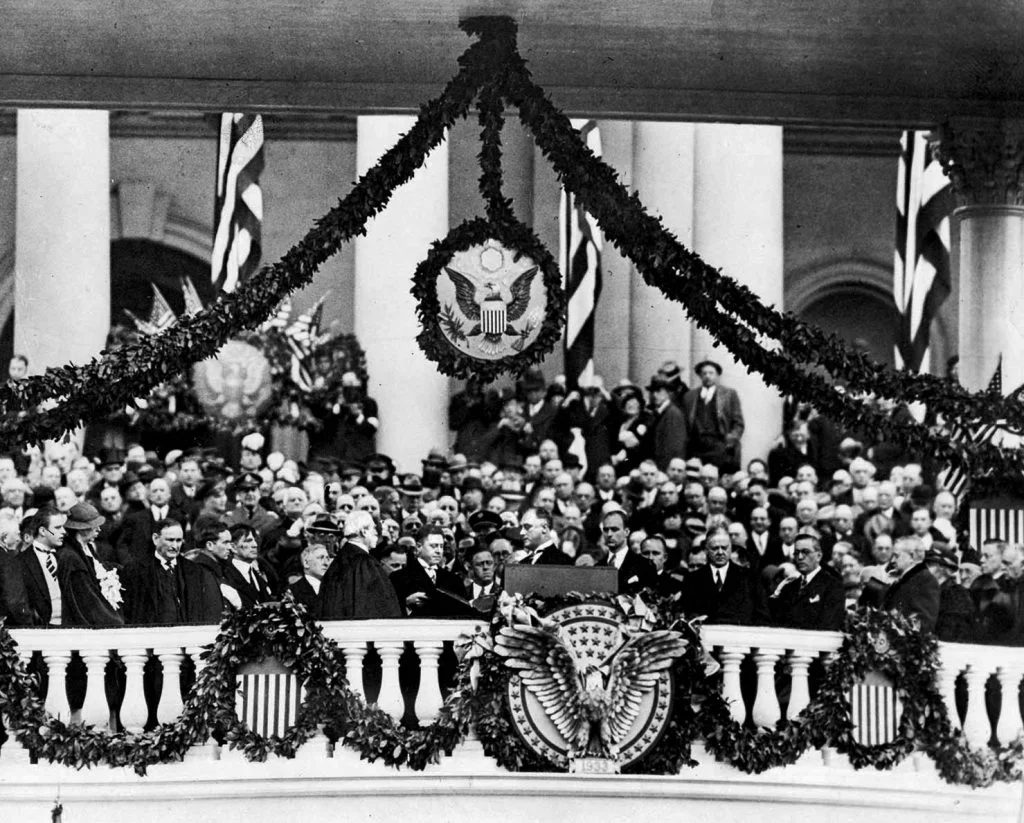
How FDR’s Bold Experimentation Blinkered the American Economy
Overall, False Dawn is a disciplined, evidence-heavy challenge to the New Deal’s most self-flattering myth: that bold experimentation rescued the American economy.


